In a world constantly grappling with contentious political issues, the spheres of religion and governance can collide with remarkable intensity. This collision is particularly evident in monotheistic societies, where the concept of a singular divine authority can profoundly shape political ideologies and institutions. The interplay between monotheism and politics is a complex tapestry of power, morality, and the search for meaning, offering fertile ground for exploration and reflection.
The Divine Mandate: A Source of Authority
Monotheistic belief systems, such as Christianity, Islam, and Judaism, often proclaim the existence of an omnipotent, omniscient, and omnipresent deity. This singular divine authority intrinsically imbues monotheistic societies with a sense of purpose, providing the basis for religious doctrine and moral codes. Moreover, the perceived divine mandate can become a powerful source of political authority, wielding influence over the governance of nations.
It is in this context that certain political leaders, throughout history, have sought to legitimize their power and policies by aligning them with religious principles. The fusion of religion and politics can lead to the creation of theocratic states, where religious leaders hold significant sway over political decision-making processes. Examples of such theocracies include Iran or the historical notion of Christendom, where the Church and the State were closely intertwined.
The Temptation of Divine Justification
While the intertwining of religion and politics may seem harmonious in theory, history tells a more complicated story. The marriage of monotheistic beliefs and political power can create a perilous temptation—the imposition of a particular religious worldview on diverse populations. The allure of divine justification may lead to the repression of dissenting voices and the persecution of religious or ethnic minorities.
Furthermore, the fusion of the divine and the political can amplify the intensity of conflicts. Claims of possessing the one true faith can breed an exclusionary mindset, fueling radicalization and religiously motivated violence. Examples can be seen in the rise of extremist groups like ISIS or the historical religious wars that ravaged Europe during the Reformation. Monotheism, when entangled in politics, can thus become a fertile ground for the seeds of conflict.
Beneath the Surface: Dissecting Monotheism’s Political Impact
The intricate relationship between monotheism and politics extends beyond overt power struggles and conflict. At its core, monotheism often carries with it a moral philosophy that shapes the governance of societies. Concepts such as individual accountability, justice, compassion, and the pursuit of the common good are often derived from religious teachings.
Yet, the question arises: To what extent should religious morality dictate political decision-making? This dilemma has fueled ongoing debates surrounding issues such as abortion, LGBTQ+ rights, the death penalty, and social welfare. Diverse interpretations of religious texts and varying understandings of moral imperatives can result in starkly contrasting political ideologies within monotheistic societies.
Beyond Dualism: Embracing Dialogue and Tolerance
Navigating the complex terrain of monotheism and politics requires a nuanced approach that transcends simplistic dualism. Rather than pitting religion against politics or seeking to eradicate religious influence, it is vital to foster open dialogue and embrace the rich tapestry of religious diversity within societies.
Acknowledging the intrinsic relationship between religious beliefs and political ideologies can lead to a more empathetic and inclusive politics. Engaging in respectful conversations that bridge the gap between differing worldviews can lead to a more compassionate governance, where policies seek to uplift all members of society, regardless of their religious affiliation.
Embracing the Journey
Monotheism and politics remain intertwined, with their relationship constantly evolving and adapting to the challenges of the modern world. Exploring the diverse dimensions of this interaction requires a commitment to seeking fresh insights, engaging in constructive debates, and acknowledging the potential for both harmony and conflict. In this realm of complex interplay, the journey of exploration becomes as important as the destination itself.
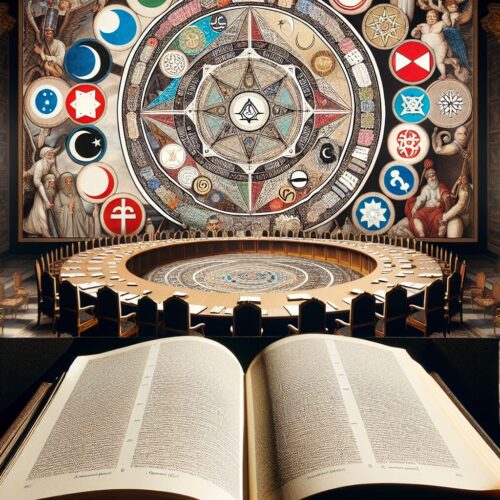

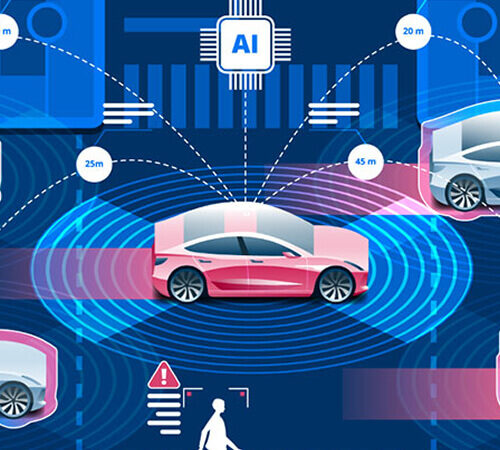
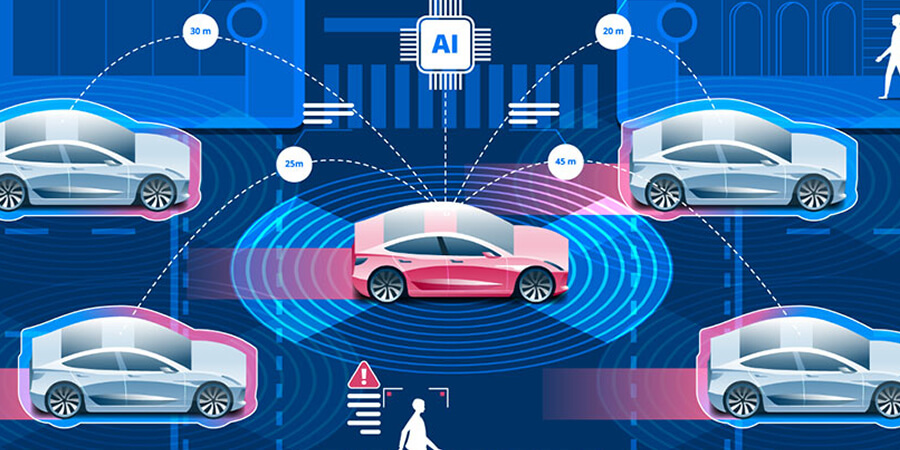 The advent of autonomous vehicles promises a revolution in transportation, but it also brings forth a host of ethical dilemmas that require careful consideration. As self-driving cars become a reality, questions about decision-making algorithms, accountability, and the potential consequences of their actions become central to discussions on the ethics of this emerging technology.
The advent of autonomous vehicles promises a revolution in transportation, but it also brings forth a host of ethical dilemmas that require careful consideration. As self-driving cars become a reality, questions about decision-making algorithms, accountability, and the potential consequences of their actions become central to discussions on the ethics of this emerging technology.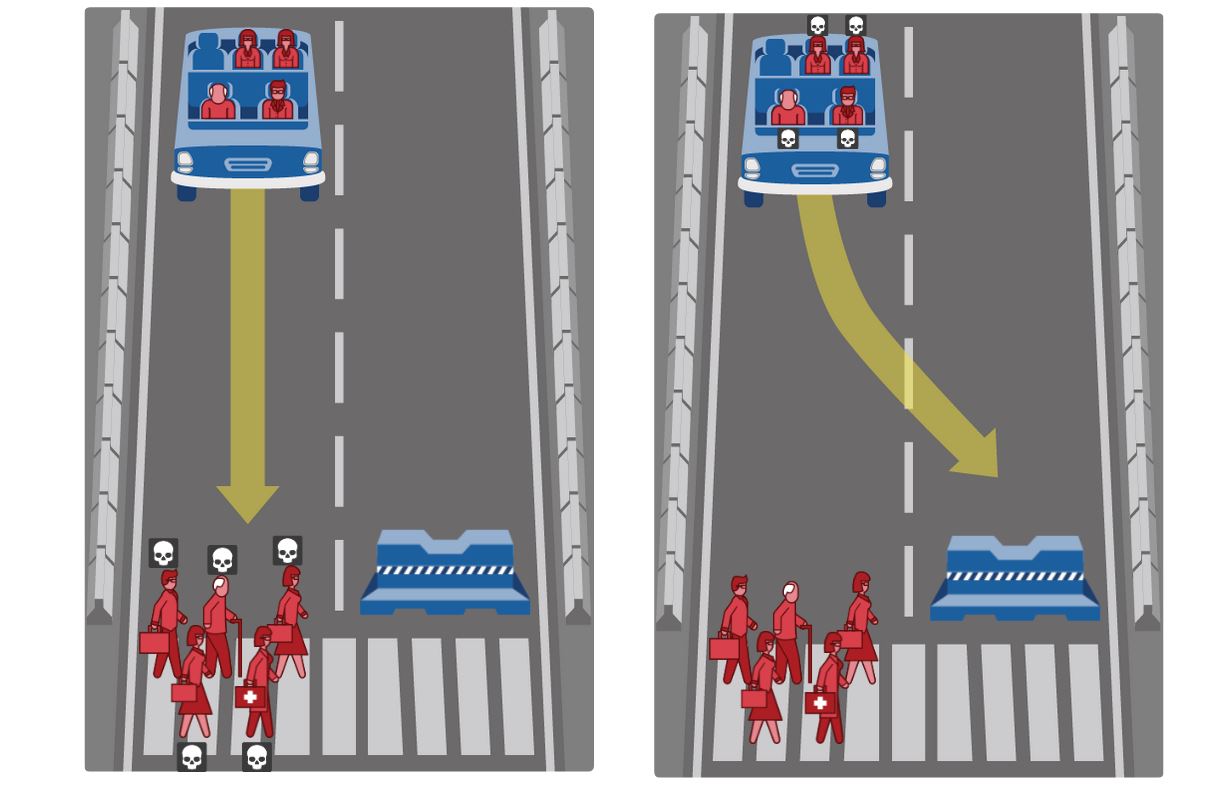 Life-Threatening Situations
Life-Threatening Situations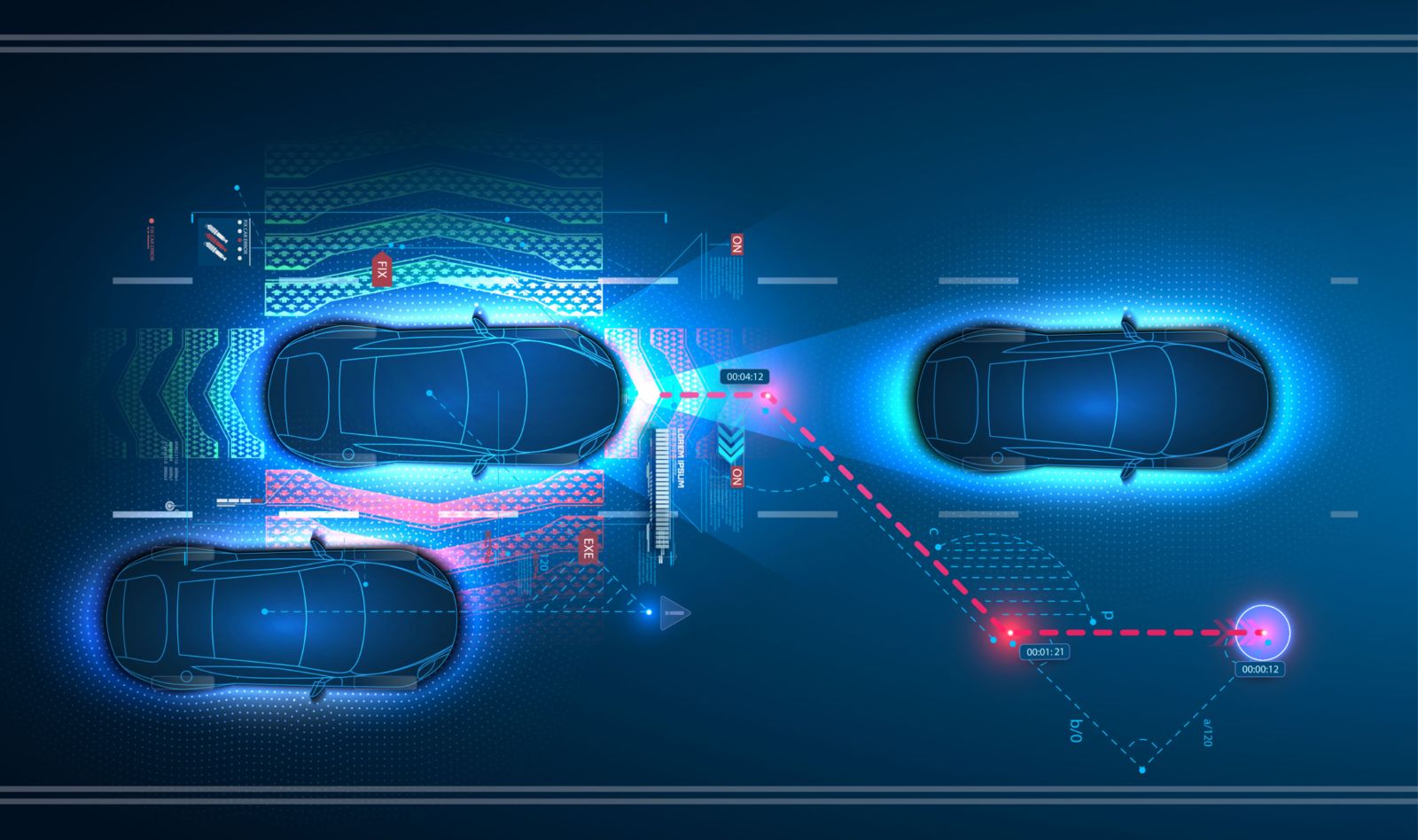 Algorithmic Bias
Algorithmic Bias